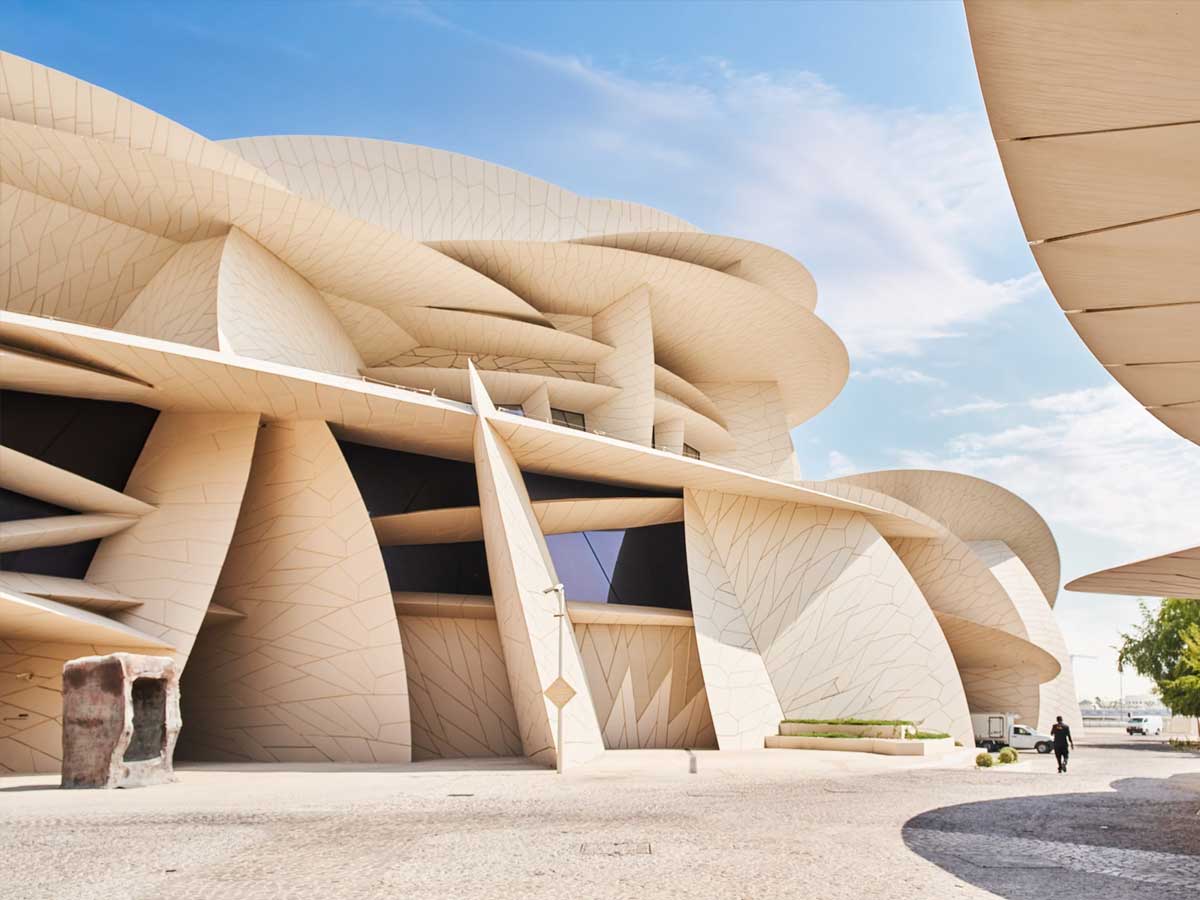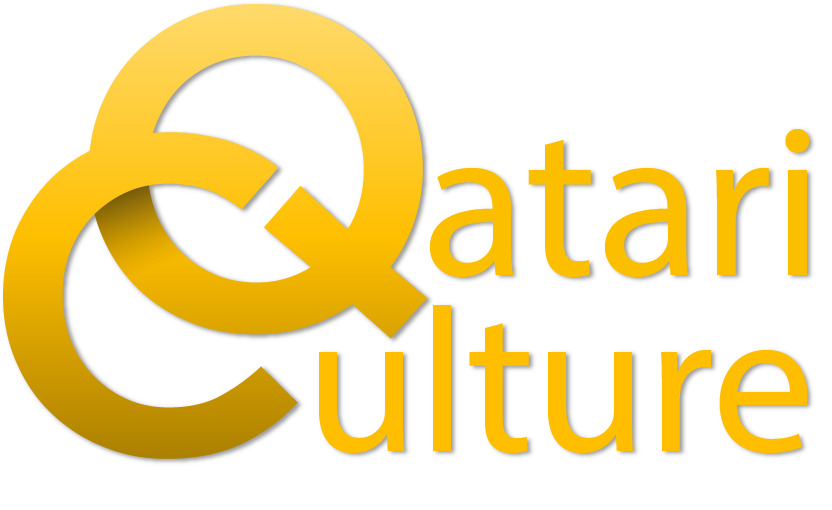Qatar, a small yet influential nation on the Arabian Peninsula, has undergone a remarkable transformation in recent decades. With its rapid economic development driven by oil and gas wealth, the country has become a hub of modernity and globalization while striving to preserve its rich cultural heritage. This evolution of Qatari culture is characterized by the blending of traditional values with modern influences, creating a unique cultural identity that reflects both the past and the future. This article explores the various dimensions of this evolution, examining how Qatar navigates the complexities of tradition and modernity.
Historical Context
To understand the evolution of Qatari culture, it is essential to recognize its historical roots. Qatar’s history is marked by its Bedouin heritage, with traditions centered around nomadic lifestyles, tribal affiliations, and a deep connection to the desert environment. These customs are characterized by values such as hospitality, respect for elders, and strong family ties, which continue to shape Qatari society today.
In the mid-20th century, the discovery of oil transformed Qatar’s economy, leading to rapid urbanization and modernization. This economic boom introduced new influences and opportunities, prompting Qatar to balance its traditional values with the demands of a globalized world.
Preservation of Traditional Values
Despite the influx of modern influences, Qatar remains deeply committed to preserving its cultural heritage. The government and various cultural institutions actively promote traditional arts, crafts, and practices that reflect the country’s identity. Efforts include:
1.Cultural Institutions: Qatar has established numerous cultural institutions dedicated to preserving and promoting its heritage. The Qatar Museum Authority oversees various museums, including the Museum of Islamic Art, which showcases Islamic art and culture from around the world. The National Museum of Qatar, designed by renowned architect Jean Nouvel, celebrates the country’s history, culture, and natural environment.
2.Events and Festivals: Traditional events and festivals play a crucial role in celebrating Qatari culture. Festivals such as the Doha Cultural Festival and Souq Waqif Spring Festival highlight local arts, crafts, music, and cuisine. Events like the Qatar International Camel Racing Festival showcase the country’s Bedouin heritage and traditions, drawing participants and spectators from across the region.
3.Traditional Crafts: The preservation of traditional crafts, such as weaving, pottery, and pearl diving, is essential to Qatari culture. Local artisans often participate in workshops and exhibitions to share their skills and knowledge with younger generations, ensuring that these crafts are passed down through time.
Modern Influences and Globalization
The rapid modernization of Qatar has brought about significant changes in its cultural landscape. The influx of expatriates, foreign investments, and global trends have introduced new ideas, lifestyles, and practices that coexist alongside traditional values. Key aspects of this influence include:
1.Expatriate Community: Qatar’s diverse expatriate population, comprising nearly 90% of the country’s residents, has contributed to a multicultural environment. This blend of cultures fosters a sense of cosmopolitanism, where various traditions, cuisines, and practices intermingle. As a result, Qatari culture has become more inclusive, embracing influences from around the world while maintaining its core values.
2.Education and Innovation: Qatar has invested heavily in education and innovation, establishing institutions such as Qatar University and the Qatar Foundation. These initiatives promote research, creativity, and critical thinking, encouraging a modern intellectual culture that complements traditional knowledge. The emphasis on education also prepares future generations to navigate a rapidly changing world while respecting their cultural roots.
3.Cultural Diplomacy: Qatar has positioned itself as a global cultural player through various initiatives and collaborations. The country actively participates in international cultural exchanges, hosting events like the Doha Film Institute and the Doha Tribeca Film Festival. These platforms facilitate cross-cultural dialogue and promote Qatari arts and cinema, enhancing the nation’s cultural footprint on the global stage.
Blending Tradition with Modernity
The evolution of Qatari culture can be seen in the ways traditional customs are adapted and integrated into modern life. This blending of tradition and modernity manifests in various aspects of daily life:
1.Fashion: Qatari fashion reflects the fusion of traditional attire with contemporary styles. While the thobe and abaya remain essential elements of Qatari dress, modern designers are incorporating innovative designs, fabrics, and embellishments into traditional clothing. Fashion shows and exhibitions showcase the work of local designers, promoting a unique Qatari aesthetic that resonates with both local and international audiences.
2.Culinary Innovation: Qatari cuisine is evolving as chefs experiment with traditional ingredients and recipes, blending them with global culinary trends. Restaurants in Qatar offer a diverse range of dining experiences, from traditional Qatari dishes like majboos and harees to fusion cuisines that incorporate flavors from around the world. Food festivals and culinary events celebrate this diversity, encouraging culinary exploration and creativity.
3.Art and Literature: The Qatari arts scene has flourished, with contemporary artists and writers drawing inspiration from their cultural heritage while exploring modern themes. Art galleries and exhibitions, such as the Katara Cultural Village and the Fire Station Artist in Residence program, showcase the work of local and regional artists. Literary festivals, such as the Qatar University’s International Book Fair, promote local authors and foster a vibrant literary culture.
Challenges and Opportunities
As Qatar navigates the complexities of modernity, it faces challenges in balancing the preservation of traditional values with the pressures of globalization. Issues such as cultural homogenization, identity, and the potential loss of heritage are of significant concern. However, these challenges also present opportunities for growth and innovation:
1.Cultural Identity: Qatar’s commitment to cultural preservation and promotion helps strengthen its national identity. By actively engaging with its heritage and adapting to modern influences, Qatar can create a distinctive cultural identity that resonates with both its citizens and the global community.
2.Youth Engagement: Encouraging young people to participate in cultural initiatives is essential for ensuring the continuity of Qatari traditions. Engaging youth through education, workshops, and community programs can foster a sense of pride in their cultural heritage while empowering them to explore new ideas and innovations.
3.Sustainable Development: Qatar’s vision for sustainable development incorporates cultural preservation as a key component. By investing in cultural initiatives, promoting local artists and artisans, and supporting cultural tourism, Qatar can create a sustainable cultural economy that benefits both residents and visitors.
Conclusion
The evolution of Qatari culture in modern times exemplifies the delicate balance between tradition and modernity. As Qatar embraces globalization and modernization, it remains committed to preserving its rich cultural heritage, fostering a unique identity that reflects both its history and aspirations for the future. The blending of traditional values with modern influences creates a dynamic cultural landscape that is continuously evolving, ensuring that Qatar remains a vibrant and culturally rich nation on the world stage. As the country navigates this evolution, it will undoubtedly continue to showcase the beauty and significance of its heritage while embracing the opportunities of the modern world.

Qatari traditions and culture offer a mesmerizing blend of ancient Bedouin heritage, Islamic faith, and vibrant community spirit that beckons you to explore and experience firsthand.

Qatari traditions and culture offer a mesmerizing blend of ancient Bedouin heritage, Islamic faith, and vibrant community spirit that beckons you to explore and experience firsthand.
Copyright 2024 © All Right Reserved to Qatari Culture